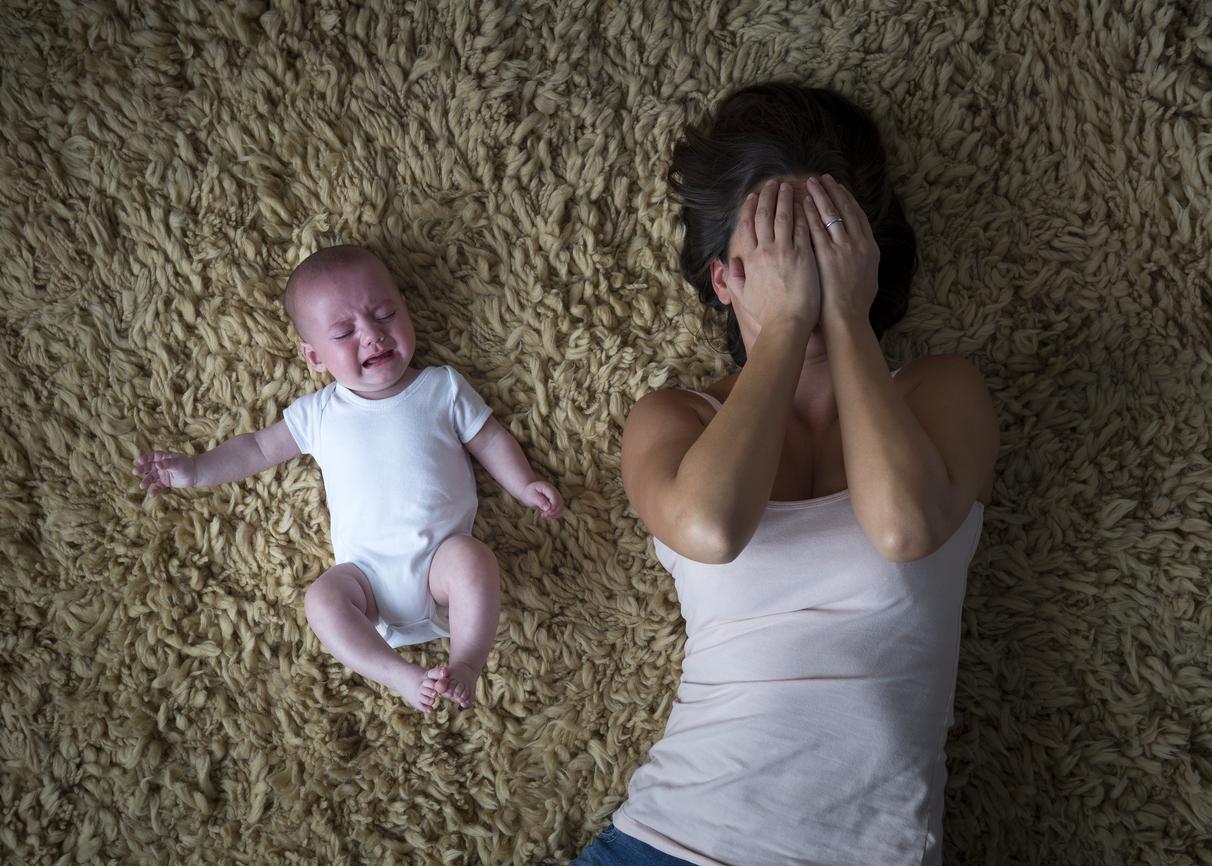Gender pay gap: Mothers suffer 'striking' long-term wage penalty from part-time working, IFS finds
The lack of earnings growth in part-time work has a particularly big impact for women graduates

Support truly
independent journalism
Our mission is to deliver unbiased, fact-based reporting that holds power to account and exposes the truth.
Whether $5 or $50, every contribution counts.
Support us to deliver journalism without an agenda.

Louise Thomas
Editor
Much of the gender pay gap is due to the fact that mothers take part-time work after childbirth, new research has found.
The effect of part-time work in shutting down wage progression as “especially striking” when compared to other factors, a report from the Institute for Fiscal Studies and the Joseph Rowntree Foundation concluded.
Mothers spend less time in paid work, and more time working part-time, than do fathers. As a result, they miss out on earnings growth associated with more experience, the report concludes.
Whereas, in general, people in paid work see their pay rise year on year as they gain more experience, the research shows that part-time workers miss out on these gains. The vast majority of part-time workers are women, especially mothers of young children.
By the time a first child is aged 20, mothers earn about 30 per cent less per hour, on average, than similarly educated fathers, the report states. About a quarter of that wage gap is said to be explained by the number of mothers in part-time rather than full-time paid work while that child was growing up, and the consequent lack of wage progression.
The research found that a further tenth of that gap is explained by the number of mothers taking time out of the labour market altogether.
The lack of earnings growth in part-time work has a particularly big impact for graduate women, because they are the women for whom continuing in full-time paid work would have led to the most wage progression.
The wage gap has not fallen at all in the last 25 years for the highest-educated women, according to the report. Female graduates still earn about 22 per cent less per hour than male graduates, while in less educated groups the gap is 18 per cent.
A graduate who has worked full-time for seven years before having a child would, on average, see her hourly wage rise by a further 6 per cent (over and above general wage inflation) as a result of continuing in full-time work for another year, but would see none of that wage progression if she switched to part-time work instead, according to the research.
The IFS recommends improving wage progression in part time work which could “play a significant role in closing the gender wage gap”.
Monica Costa Dias, IFS associate director and an author of the report, said: “There are many likely reasons for persistent gaps in the wages of men and women which research is still investigating, but the fact that working part-time has a long-term depressing effect is an important contributing factor.
“It is remarkable that periods spent in part-time work lead to virtually no wage progression at all. It should be a priority for governments and others to understand the reasons for this. Addressing it would have the potential to narrow the gender wage gap significantly.”
Subscribe to Independent Premium to bookmark this article
Want to bookmark your favourite articles and stories to read or reference later? Start your Independent Premium subscription today.
Join our commenting forum
Join thought-provoking conversations, follow other Independent readers and see their replies
Comments